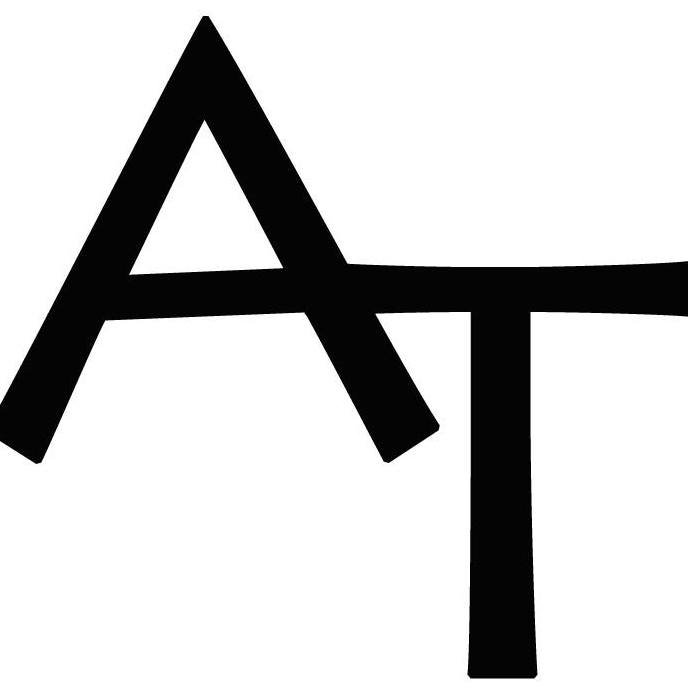Embracing Self as Context
It is easy to get lost in the shadows of my worst experiences, to tether my identity to the mistakes I've made, to see myself as identical to my worst experiences; my internal narrative tells me “I’m a failure,” “I’m a piece of shit,” I’m no good. But what if I dared to view myself from a different perspective? What if I embraced the idea that I am not defined by my darkest moments, by the worst things I’ve done in my life? What if I recognized that I am not my worst experiences but rather that I am a human who has had experiences in my life about which I am not proud?
This shift in perspective was transformative for me. I realized that I didn't need to carry the weight of my past actions as badges of dishonor. I acknowledged that clinging to these negative self-images only served to deepen my despair, keeping me trapped in a cycle of self-condemnation. This is the power of viewing myself as context, rather than as the sum of my actions. I understood that I was not inherently flawed or irredeemable because of past mistakes. Instead, I began to see myself as a person who had experienced certain things, made certain decisions, taken certain actions but I do not have to be defined by them - I do not have to attach my self-identity to the experiences. This shift allowed me to detach myself from the relentless grip of self-criticism and embrace a more humble perspective. I realized that I wasn't a failure; I was simply someone who had faltered along the way. This subtle yet profound distinction opened the door to true change, inviting me to reevaluate my approach to life.
As I learned to observe myself from a distance, to take an “observer self” position, I found a newfound freedom. No longer enslaved by my negative thoughts and emotions, I could simply witness them as passing phenomena, rather than attaching to them - internalizing them as “truths” about myself. This isn’t to say that taking the observer-self perspective is a simple. I am perpetually experiencing attachment to my old patterns of negative self talk. But the more I practice self-awareness, the more I am able to recognize emotional upheavals and temptations and cravings and moments where I’m thoughtlessly attaching myself to the stream of conscious thoughts and feelings playing through my mind, the more effective I become at stepping back and observing these from a (metaphorical) distance and allowing them to simply pass by my conscious mind rather than allowing them to hijack my consciousness and carry me along with them - drag me down.
And embracing this view of seeing my self as context is by its nature a humbling experience. Recognizing that the fabric of who I am, of how I view myself, is a fluid and ever-changing construct, not bound by the constraints of past actions or future expectations, leads me towards a deeper awareness that the concept of “self” is itself an illusory construct. A shorthand description for the consciousness I am experiencing on a day-to-day, hour-to-hour, minute-to-minute, breath-to-breath moment. I am simply me, experiencing my conscious experience.
I know, I know, this sounds esoteric. It doesn’t have to be.
Pragmatically, what viewing the self as context boils down to is an acceptance that we are not prisoners of our past experiences nor to the thoughts and feelings we experience in any given moment. We are dynamic beings, capable of growth and transformation. By embracing self as context, we can cultivate a deeper sense of humility and self-compassion, freeing ourselves from the shackles of self-judgment and embracing the endless possibilities of who we can become.

